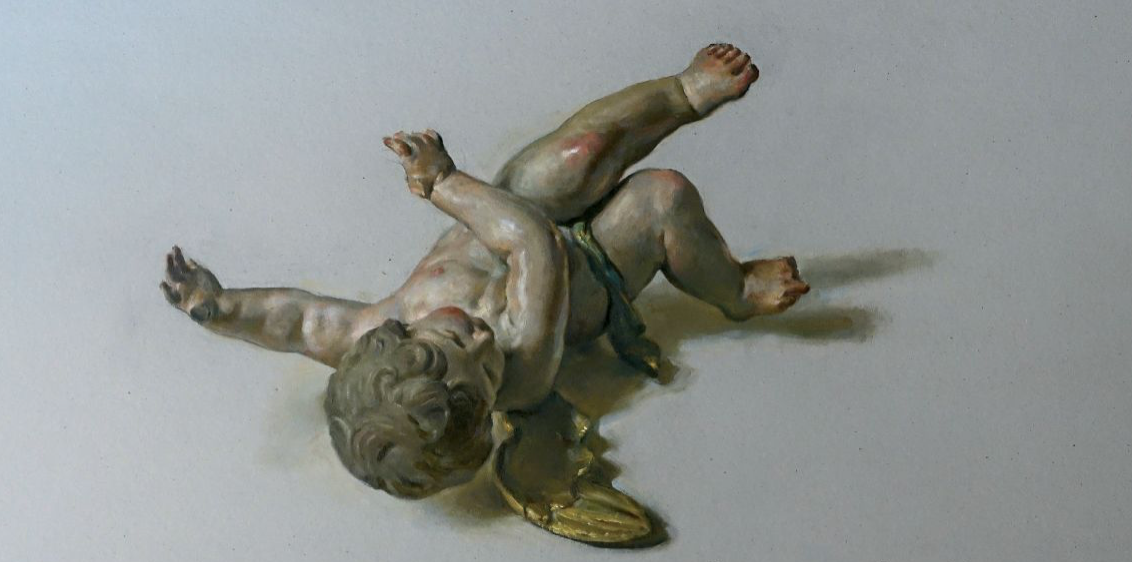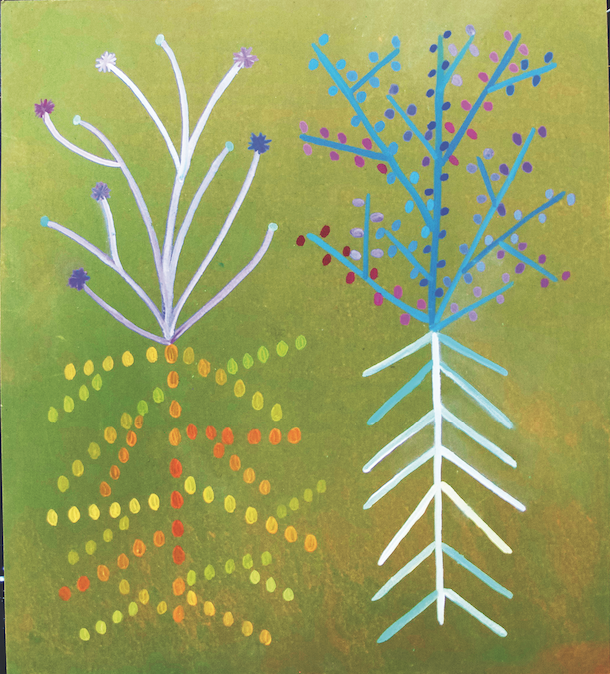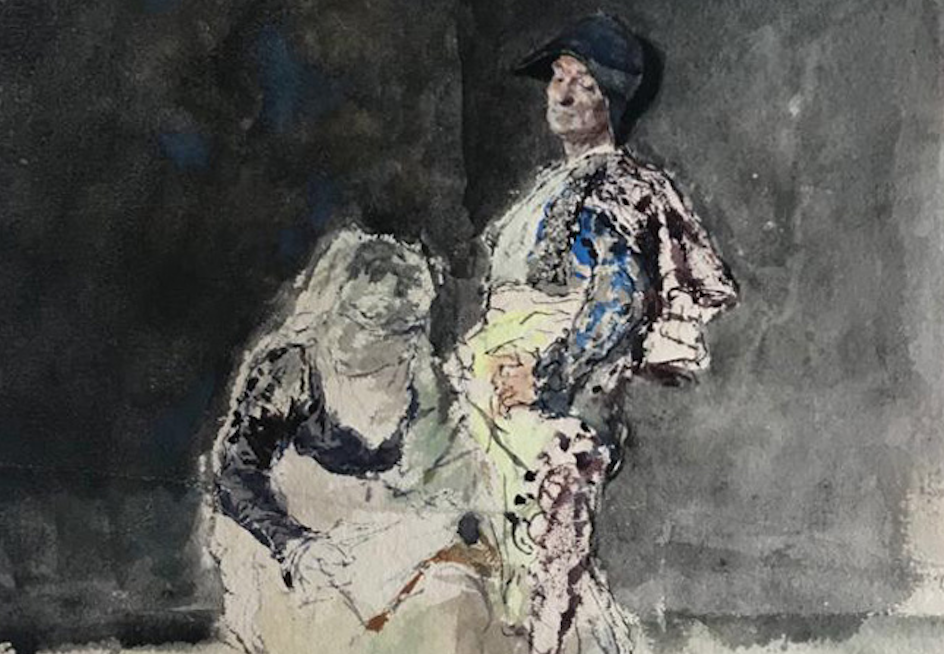
“Finally Don Quixote understood her problem: she was both a woman therefore she could not feel love and a knight in search of Love. She had to become a knight, for she could solve this problem only by becoming partly male. ” "Either become normal, that is anonymous, or die," the handsome man told Don Quixote. "I can't be normal because I can't stop loving."
* Extracts: Don Quixote: which was a dream (1986), Kathy Acker.
This text begins with a loss, or in other words, with the search and consequent encounter of one's own voice.
Kathy Acker (New York, 1947 - Tijuana, 1997) was a postmodern writer associated with the prominent group of avant-garde American poets Black Mountain. In her first novel, The Childlike Life of the Black Tarantula: Some Lives of Murderesses (1973), published under the pseudonym Black Tarantula, a 16-year-old narrator explores alternative identities as a murderer and sex worker. It was the Black Mountain poets who instilled in Acker that in order to write it was essential to have a voice of his own. And he went out in search of her but found not one but several, in a poignant eagerness to dissolve the self and the narrator.
I couldn't find my own voice either. My voice, though mine, echoed nostalgia for something of the past and out of tune with my gender mutation. To find my voice I decided to use a chemical colloquially called T (referring to the hormone testosterone), which penetrates my skin regularly, dilutes my muscles and causes reverberations in my vocal cords.
“Therefore, who am I?” She asked St Simeon.
"Who cares."
“Of course I'm not interested in personal identity. I mean: what is it to be female? ”
“To be a bitch”, the dog answered.
Acker's work includes about twenty novels created with the cut-up and pie methodology. Works constructed through the appropriation and regeneration of works by male authors such as Shakespeare, Dickens, Cervantes and Genet. And how nice it is to sign the street stories of whores and thieves by Genet with the name "Kathy". These are trans * words, they are modified bodies and voices. In Don Quixote: Which Was a Dream (1986) the protagonist becomes a knight to defeat the wicked of modern America while pursuing the wildest idea that can occur to any woman: love. The novel begins hilariously with the abortion of the protagonist aka Don Quixote and on page 30 his faithful squire Sancho Panza does not change genre but species transforming into a dog. Woof. The hybridization of bodies, genders and sexualities becomes a precept to question notions of authorship, original and copy, provoking accusations of plagiarism or even censorship of his work.
Image Pol Merchan, 2021.








